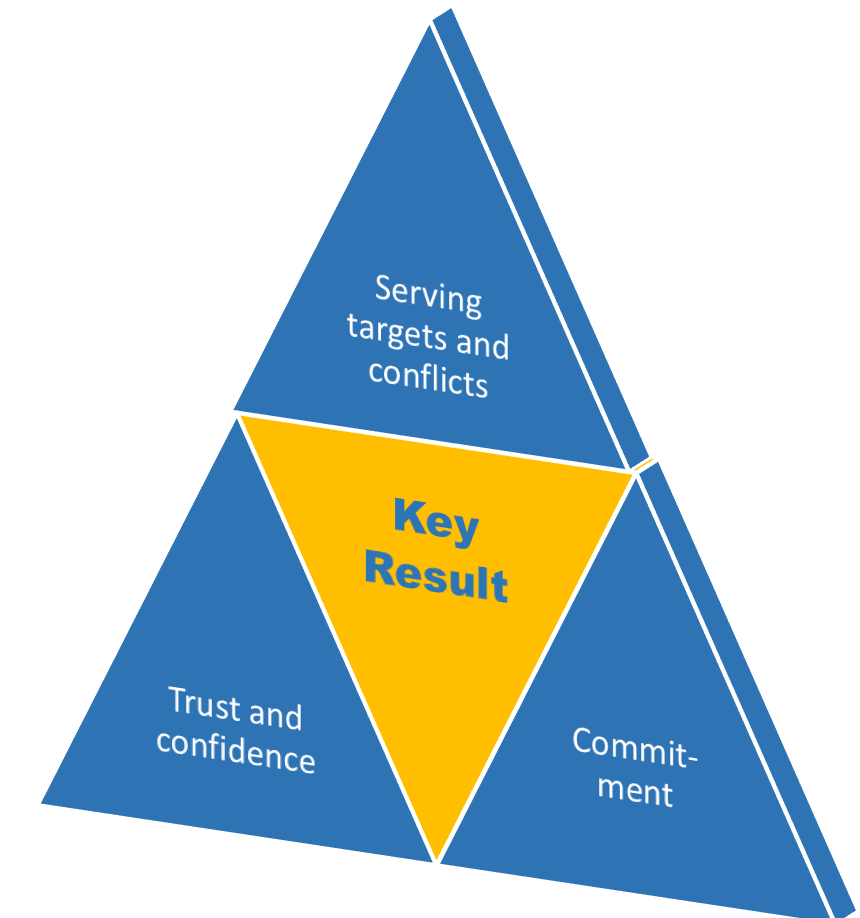Objectives & Key Results (OKR) — we have had the best experiences with this.
BUT!
Responsibility is not divisible, RIGHT?
That’s why we at catuuga equipped the Key Result Owner (KRO) with license-free software.
That’s why the catuuga SCOUTS supported the KRO in refining the goals individually (REFINEMENT).
That’s why the catuuga SCOUTS helped the KRO define the workflow for goal setting (TASK BREAKDOWN).
Have you found a better method that makes your projects particularly successful? Share your best practices and help our community make projects even more efficient.
Your experience counts:
- What strategies and techniques have helped you successfully complete projects?
- Are there specific tools or approaches you can recommend?
Your experiences can provide valuable insights to others and show new ways to successfully achieve project goals. Let’s grow together and learn from each other.
